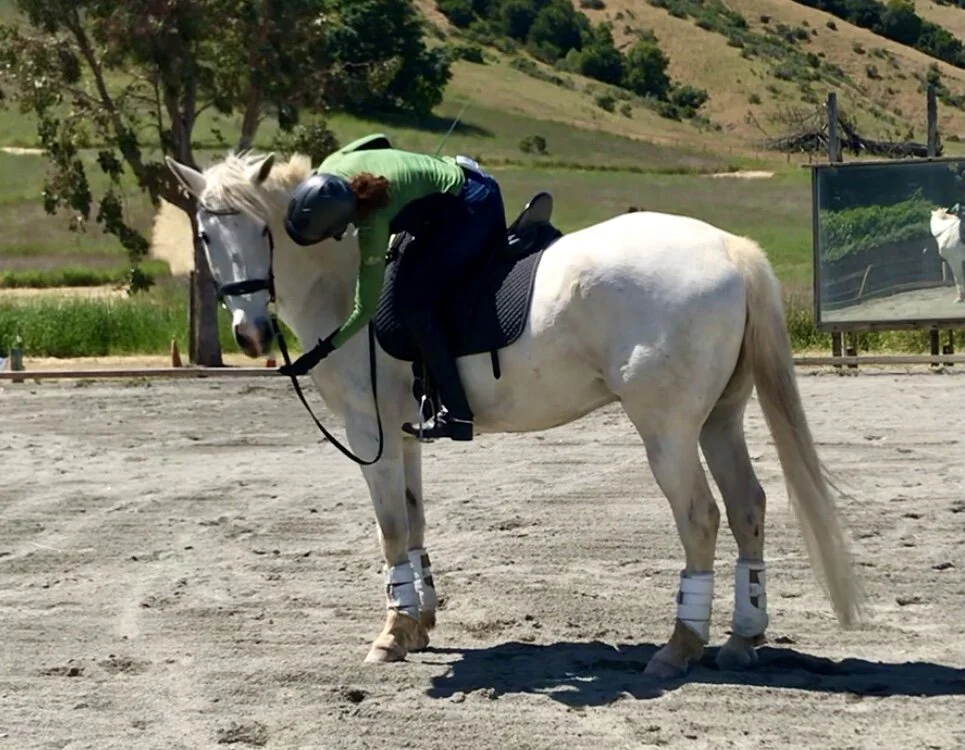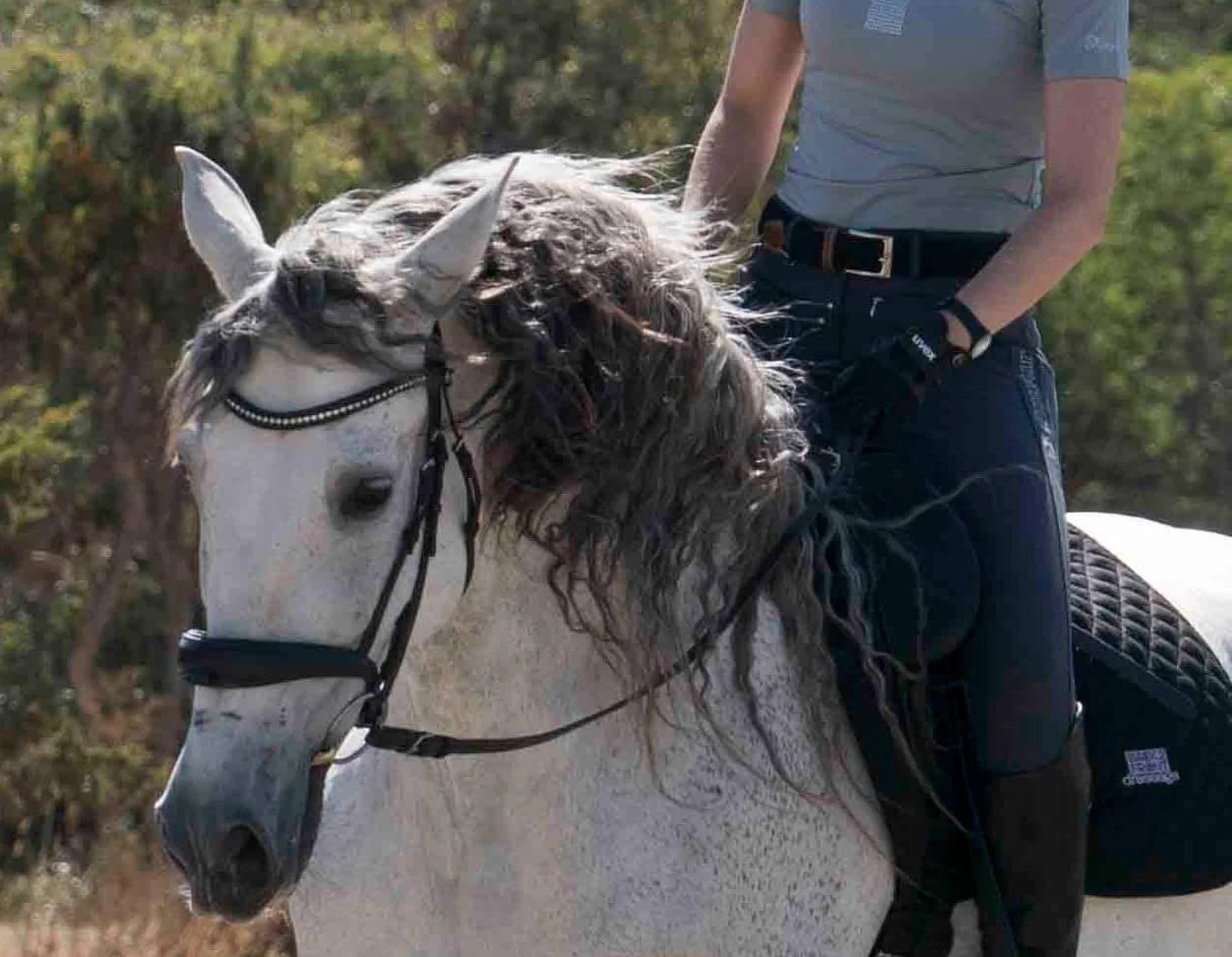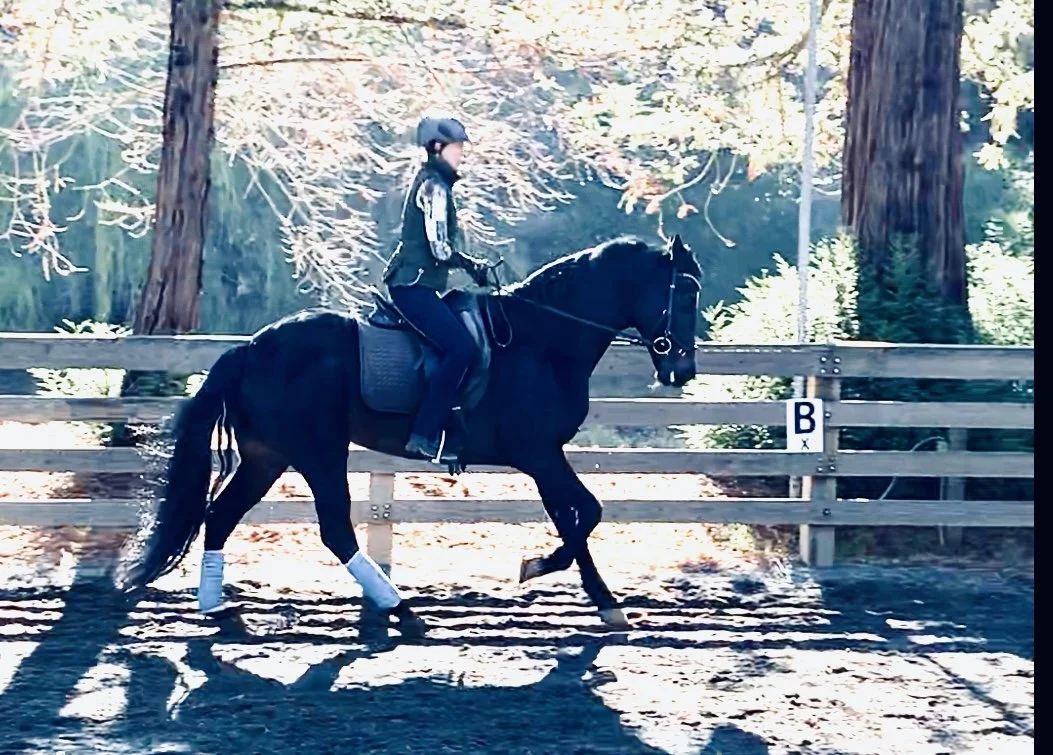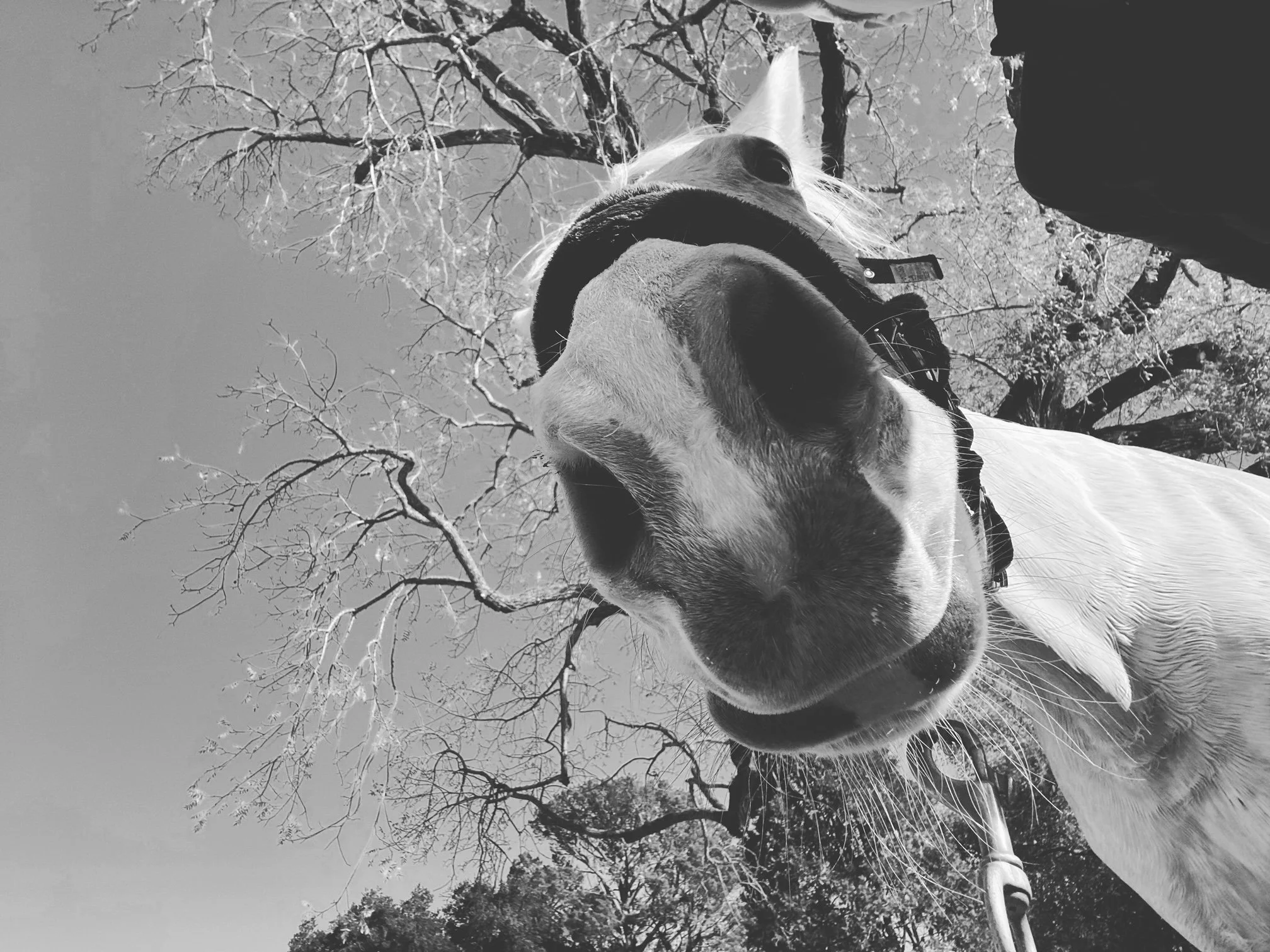Punishment Doesn’t Work
I’ve tried to write this several times but aborted because it sounded angry. And I’m not even angry. I just feel deeply saddened whenever a horse gets the short end of the stick with regard to the training choices that have been made for him. By well-meaning people who somehow, wink-wink, find that a little “straight talk” is just part of the deal. Because they think the horse is doing something “wrong.” I would love to see those people’s reactions if the teacher took their kid around the back of the school and did the same thing. Or, should they be childless, their boss looking to increase their performance by means of a little physical assault. Well deserved of course, because they didn’t do what they were supposed to do.
Research has shown that punishment really doesn’t work – for humans or animals. It may be effective to stop a behavior short-term, but it does nothing to keep it from reoccurring.
That’s why I say it one more time: Punishment has no business in horse training (or training any living being, for that matter). (There are very, very, very rare cases in which a situation is so acutely dangerous that a defensive strike may be justified, but that’s not the norm. And it probably wasn’t the horse’s fault that it got this far in the first place. This also does generally NOT include a horse who is acting out under saddle. There are a million reasons why this could be happening, and you’re much better off investigating those than punishing your horse. You may start with your own skillset or attitude. And no sugarcoating: Any rough treatment is a punishment.)
The good news is that there are really only two choices on what to do: you either praise your horse for his effort, or if what you are asking is not even remotely on your horse’s mind, you redirect, i.e. you ask again, or you ask a slightly (or entirely if necessary) different question that your horse may understand better and thereby give you an opportunity to praise him.
Because that’s your goal: Being able to praise your horse. For any effort, even the smallest, that goes in the right direction. You want your horse to love his training. Why? Because that’s when they are actually able to learn and try hard to figure out how to do something else that pleases you. They are pretty amazing like that. Your response to the stuff that you don’t want should be a redirect. Not an “oh-you-bad-#@-horse-I’ll-show-you-who’s-boss.” Depending on the horse, convincing him or her that a certain behavior is undesirable, especially if it’s a hardwired response like spooking (see the illegitimate spook) or tensing, can take enormous amounts of time and patience. And skill. And emotional maturity. Leave your ego in the car. It’s about building trust and a partnership. It’s really not that confusing. Focus on what’s working well and to a large extent ignore the rest.
Remember that good riding starts with an independent seat and the ability to give clear aids. But it doesn’t end there. The ability to motivate a horse to want to work with you, the ability to train the horse you are riding today, not the one you had in the lesson last week, those are just as important. Horses forgive a lot as long we have managed to not actively impede their balance and are sincere in our effort to help them and in our love for them. They know if you feel like the ride is just going to be another fight. Who would volunteer for a job like that? One where your boss is unclear in articulating what you’re supposed to do, keeps moving the target, yet it’s your fault that some goal you weren’t even sure existed wasn’t reached?
Let me be clear: there will be moments when an aid needs to be a little stronger, for safety and clarity in unsafe situations. But it gets released immediately again and there is no negative emotion involved, no anger, no frustration, no ego. This is key! Liken it to grabbing your kid’s hand a bit roughly to keep her from putting it on the hot stove. Your horse deserves the same respect and consideration.







